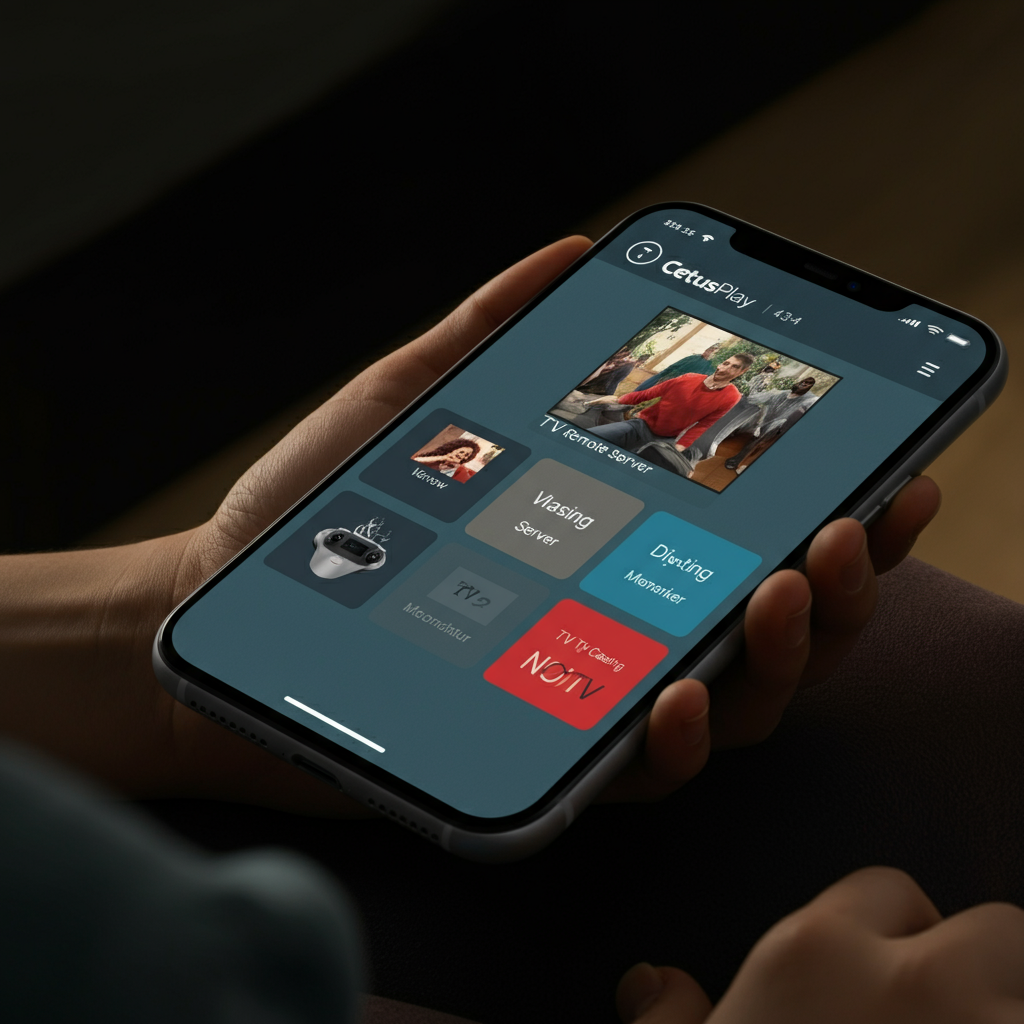Introducing Fake GPS - currently the best looking fake location app from all the fake location apps! Trick your phone into thinking that it is somewhere else


| Name | Fake Location |
|---|---|
| Publisher | tksoft |
| Genre | Tools |
| Size | 3.5MB |
| Version | 3.456 |
| Update | July 11, 2025 |
| Get it On | Play Store |
| Report | Report Apps |
Preview
Fake Location: Risks and Rewards
Sarah thought she was chatting with someone across town on a dating app. Little did she know, her match was actually sitting three time zones away, using a fake GPS app to appear local. This scenario plays out millions of times daily as location spoofing becomes increasingly common across smartphones worldwide.
Fake location technology allows users to trick their devices into reporting a different geographic position than their actual whereabouts. From mobile gamers seeking rare Pokémon to privacy-conscious individuals protecting their identity, the reasons for using GPS spoofing vary dramatically. This comprehensive guide explores the motivations behind fake location use, how the technology works, and the complex web of risks and benefits that come with digital deception.
Why People Turn to Fake Location Apps
Gaming Adventures Beyond Borders
Mobile gaming drives much of the fake location market. Players of location-based games like Pokémon GO use GPS spoofing to access region-locked content and catch creatures unavailable in their actual location. Some gamers “travel” virtually to major cities where rare Pokémon spawn more frequently, while others explore different continents without leaving their couch.
The appeal extends beyond Pokémon hunting. Location-based games often feature events, challenges, or exclusive content tied to specific geographic areas. Rather than missing out, players employ fake GPS apps to participate in these experiences.
Expanding Dating Horizons
Dating apps have transformed how people meet, but geographic limitations can restrict potential matches. Singles in rural areas or small towns often find limited options on platforms like Tinder, Bumble, or Hinge. Location spoofing allows them to appear in larger cities with more active user bases.
Some users travel frequently for work and want to connect with people in their destination city before arriving. Others simply prefer the excitement of meeting someone from a different area. However, this practice raises questions about authenticity and trust in online dating.
Business and Remote Work Flexibility
The rise of remote work has created new applications for fake location technology. Some employees use GPS spoofing to clock in from unauthorized locations, appearing to work from the office while actually at home or on vacation. Time-tracking apps that rely on location data can be fooled by sophisticated spoofing techniques.
Field workers might use fake location apps to report being at job sites when they’re actually elsewhere. While this represents a clear violation of workplace policies, the technology makes such deception relatively easy to execute.
Privacy Protection for Activists and Journalists
In authoritarian regions, activists and journalists face serious risks when their real locations are exposed. Fake location apps provide a layer of protection by masking their actual whereabouts from government surveillance or hostile groups.
These users often combine location spoofing with other privacy tools like VPNs and encrypted messaging apps. The goal isn’t deception for personal gain, but rather protection from persecution or violence.
Criminal Activity and Evasion
Unfortunately, fake location technology also serves criminal purposes. Individuals seeking to establish false alibis might use GPS spoofing to appear somewhere they weren’t during the commission of a crime. Others evade law enforcement by masking their actual locations.
Digital stalkers sometimes use fake location apps to appear closer to their targets, making their presence seem more threatening. These malicious uses highlight the darker side of location spoofing technology.
Deceptive Marketing Practices
Some businesses employ fake location services for advertising purposes. Companies might make their services appear available in areas where they don’t actually operate, or create fake local business listings in multiple cities.
Social media influencers occasionally use location spoofing to appear more well-traveled or exclusive than they actually are. While this might seem harmless, it can mislead followers and potential business partners.
How Fake Location Technology Works
Understanding GPS and Location Services
Modern smartphones determine location through multiple methods. GPS satellites provide precise coordinates, while cell towers and WiFi networks offer additional positioning data. Location services combine these sources to create accurate position estimates.
Fake location apps exploit how devices handle this information. They inject false GPS coordinates into the system, overriding real location data with spoofed information. The process typically requires enabling developer options and mock location settings on Android devices.
Popular Fake Location Apps
Fake GPS stands out as one of the most user-friendly location spoofing apps available. The application allows users to place a red dot anywhere on a world map and trick their phone into reporting that location. The setup process is straightforward:
Users must first enable developer settings by tapping the Android version number seven times in the device settings. Next, they activate mock locations in the developer options and set location mode to “device only” for GPS-only positioning. Finally, they open Fake GPS, position the red dot at their desired location, and tap the play button to activate the spoof.
The app requires Google Play Services and Google Maps to function properly. While it works with most social media platforms like Facebook, WhatsApp, and Twitter, some apps like Viber don’t support the spoofing due to their network location requirements.
Other popular fake location apps include GPS Emulator, Mock Locations, and Fake GPS Location. Each offers different features and compatibility with various apps and services.
Technical Limitations and Challenges
Fake location apps face several technical hurdles. Modern smartphones increasingly rely on multiple location sources, making simple GPS spoofing less effective. Some apps can detect inconsistencies between GPS data and cell tower information, revealing the deception.
Battery usage patterns can also expose fake location use. Constantly running location spoofing apps drain batteries faster than normal, potentially alerting observant users or system administrators to suspicious activity.
Risks and Potential Downsides
Security Vulnerabilities
Installing fake location apps can expose devices to security risks. Many spoofing applications require extensive permissions, potentially accessing sensitive data beyond location information. Malicious apps disguised as legitimate location spoofers might steal personal information or install malware.
Granting mock location permissions essentially allows apps to lie about your position to all other applications. This broad access creates potential attack vectors for cybercriminals.
Privacy Concerns and Data Misuse
Ironically, apps designed to protect privacy by hiding real locations often collect extensive user data. Many fake location apps track usage patterns, store location histories, and share information with third parties.
Free fake location apps particularly rely on data collection and advertising revenue. Users seeking privacy protection might inadvertently expose themselves to additional tracking and surveillance.
Account Bans and Service Violations
Most major platforms prohibit location spoofing in their terms of service. Gaming companies actively detect and ban players using fake GPS apps. Dating platforms suspend accounts caught using location spoofing. Social media sites might restrict or close accounts that frequently report impossible location changes.
These violations can result in permanent bans, loss of purchased content, and inability to create new accounts on the same platforms.
Relationship and Trust Issues
Using fake location apps in personal relationships can destroy trust and credibility. Partners who discover location spoofing might question the honesty of the entire relationship. The deception often causes more damage than the original reason for hiding one’s location.
Professional relationships can also suffer when colleagues or employers discover fake location use, particularly in work contexts where location accuracy is important.
Legal Implications of Location Spoofing
Regional Legal Variations
The legality of fake location apps varies significantly by jurisdiction. Most countries don’t specifically prohibit location spoofing for personal use, but the practice might violate laws when used for fraud, harassment, or other criminal activities.
Some regions have stricter regulations around location data and privacy. European Union privacy laws, for example, provide additional protections that might affect how fake location apps operate.
Terms of Service Violations
While using fake location apps might not break laws, it almost certainly violates the terms of service for most popular applications. These violations can result in account suspension, data loss, and legal action from service providers.
Companies invest significant resources in detecting and preventing location spoofing. Violating terms of service provides legal grounds for account termination and other penalties.
Employment and Legal Consequences
Employees using fake location apps to deceive employers might face termination and legal action. Time theft through location spoofing can result in criminal charges in some jurisdictions.
Professional licenses might be at risk for individuals whose jobs require accurate location reporting. Medical professionals, security guards, and other licensed workers could face regulatory penalties for location-related deception.
Detecting Fake Locations
Technological Detection Methods
Sophisticated apps and services employ multiple techniques to identify fake locations. Cross-referencing GPS data with cell tower information, WiFi networks, and IP addresses can reveal inconsistencies that suggest spoofing.
Machine learning algorithms analyze movement patterns and location histories to identify impossible or suspicious changes. Rapid jumps between distant locations or perfectly straight-line movements often indicate fake GPS use.
Forensic Investigation Techniques
Law enforcement agencies use specialized tools to detect location spoofing in criminal investigations. Digital forensics experts can analyze device logs, app data, and network traffic to determine whether locations were genuine or spoofed.
Metadata from photos, social media posts, and other digital evidence can corroborate or contradict claimed locations. Investigators often piece together multiple data sources to build comprehensive location timelines.
Behavioral Analysis
Human behavior patterns can reveal fake location use even when technical detection fails. Users who consistently report locations at impossible times, engage in activities inconsistent with their claimed position, or display other suspicious patterns might be using location spoofing.
Social media analysis can uncover discrepancies between posted locations and other contextual clues like weather, local events, or time zones.
Future Trends in Location Technology
Enhanced Security Measures
Technology companies continue developing more sophisticated anti-spoofing measures. Future smartphones might include additional sensors and verification methods that make location spoofing significantly more difficult.
Blockchain-based location verification systems could provide tamper-proof location records, making fake locations easier to detect and prevent.
Privacy-Focused Solutions
Growing privacy concerns drive development of legitimate location privacy tools. Future solutions might provide genuine location protection without requiring deception or violating terms of service.
Differential privacy techniques could allow apps to function without accessing precise location data, reducing the need for location spoofing among privacy-conscious users.
Regulatory Changes
Government regulations around location data and privacy continue evolving. Future laws might provide clearer guidelines about acceptable location spoofing uses while cracking down on malicious applications.
Industry standards for location verification and privacy protection could emerge, providing users with better options for legitimate location privacy needs.
Balancing Privacy and Authenticity
The proliferation of fake location apps reflects genuine concerns about privacy and digital autonomy. Users want control over their personal information while maintaining access to location-based services. However, the technology also enables deception that can harm relationships, violate agreements, and facilitate criminal activity.
The key lies in finding balance. Legitimate privacy protection shouldn’t require deception or terms of service violations. Technology companies, regulators, and users must work together to develop solutions that respect privacy while maintaining the trust and authenticity that make digital services valuable.
As location technology continues advancing, the cat-and-mouse game between spoofing apps and detection systems will likely intensify. Users considering fake location apps should carefully weigh the risks against benefits, understanding that today’s successful spoofing technique might be tomorrow’s detected violation.
The future of location privacy depends on creating better alternatives to deception—tools that protect user privacy without requiring dishonesty or technical workarounds.
Download Fake Location
You are now ready to download Fake Location for free. Here are some notes:
- Please check our installation guide.
- To check the CPU and GPU of Android device, please use CPU-Z app














